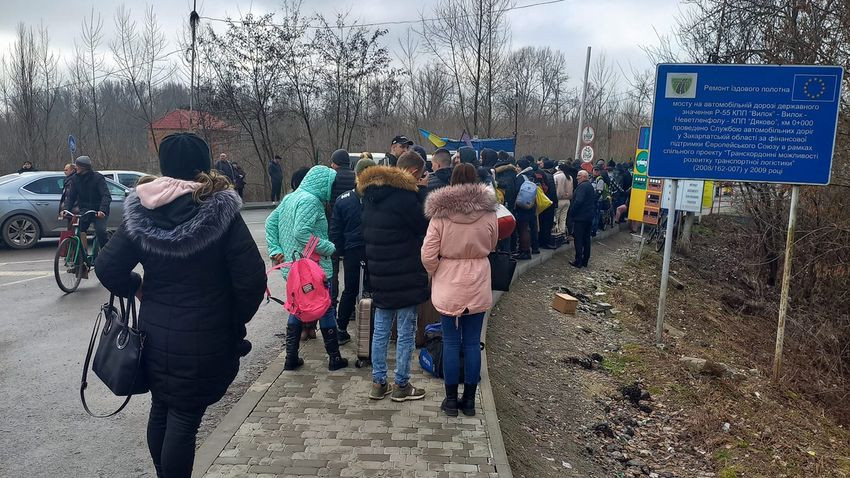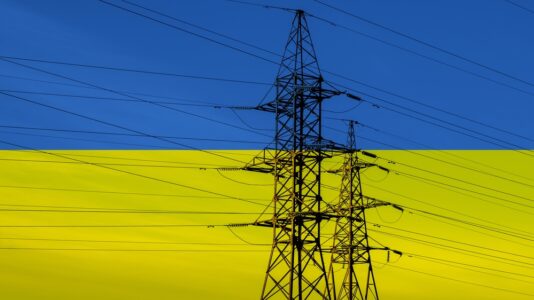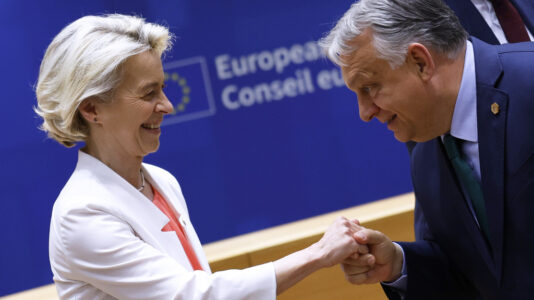According to reports out of the National Police Headquarters (ORFK) to MTI via Magyar Nemzet, 7,406 people entered Hungary at the Ukrainian-Hungarian border section on Thursday, while 8,014 people crossing the Romanian-Hungarian border declared to authorities that they were coming from Ukraine.
Among those admitted, the police issued temporary residence certificates, valid for 30 days, to 88 people. During this time, they must visit the office of the National Directorate General of Immigration, to obtain official documentation for their stay.
At the same time, Magyar Nemzet has also reported that Zelensky plans to tax Ukrainian citizens and businesses to continue funding the war. This is not going over so well with those Ukrainians remaining in the country.
With a population of some 38 million in 2022, 6.5 million reportedly had fled the country due to Russia’s aggression as of February 2024. IOM Hungary reports that 4.2 million Ukrainians have passed through Hungary, with just 65,000 refugees remaining in the country as of late January 2024, according to ACAPS.
With a majority of refugees being women and children, continuous conscription efforts by the Ukrainian government have resulted in plenty of men trying to flee as well, with Zelensky even supporting an EU-wide draft for those who have.
There are also reports of Ukrainians returning back home, but the continued violence and now new tax measures are sure to discourage many.
Businesses have understandably been in an uproar over a draft of the new tax law submitted in July. Even the U.S. has advised the country to perhaps instead take action against lost revenues due to tax evasion and corruption related to Ukraine’s gray market.
The American Chamber of Commerce even released a statement, as cited by Politico: “AmCham Ukraine firmly believes that the source for additional tax revenues is in combatting evasion and ensuring equal rules for all, not increasing taxes on legitimate taxpayers who already bear the highest burden.”
Ukraine’s finance minister, Sergii Marchenko, has apparently insisted that all other resources have been “exhausted.” While the government will also turn to borrowing for three-quarters of the $12 billion additional funds it needs, the rest will need to come from imposing higher taxes on people and businesses.






